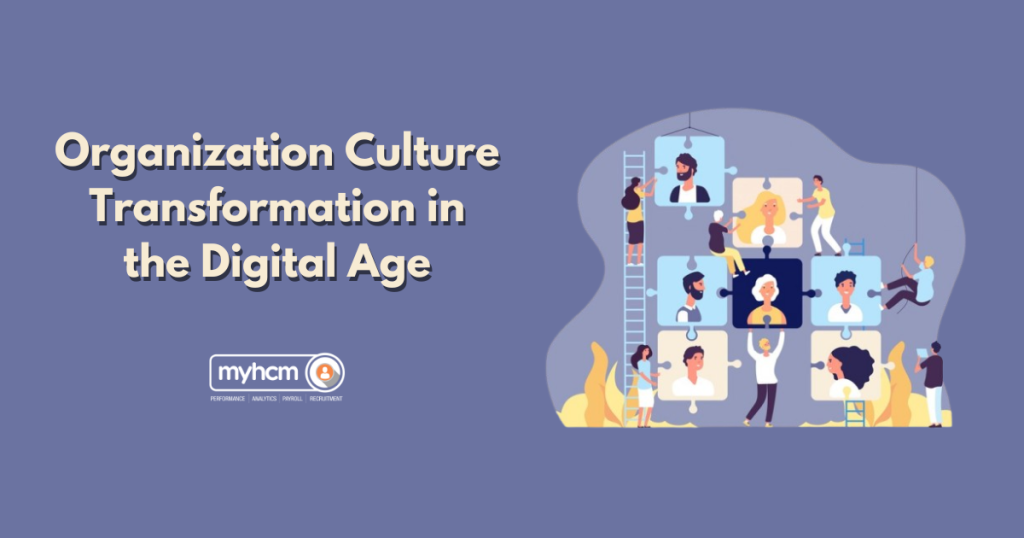Introduction to Culture Transformation
In today’s rapidly evolving digital age, organizations are facing unprecedented challenges and opportunities. To thrive in this dynamic environment, businesses must adapt to the changing landscape by culture transformation. Consequently, this cultural transformation is essential for fostering innovation, enhancing employee engagement, and driving business success. Furthermore, by embracing a digital-first mindset, organizations can unlock new avenues for growth and competitiveness. Therefore, it is imperative that businesses prioritize cultural transformation to ensure their long-term viability.
The Need for Culture Transformation
The traditional, hierarchical organizational structures of the past are no longer sufficient to meet the demands of the digital age. Therefore, to remain competitive, organizations must embrace a more agile, collaborative, and innovative culture. Consequently, this culture transformation shift involves redefining the way employees work, communicate, and interact with each other.
Key Elements of a Successful Culture Transformation
A successful culture transformation requires a multi-faceted approach that focuses on the following key elements:
- Leadership Commitment: Strong leadership commitment is essential to drive and sustain cultural change. Leaders must champion the new culture and set an example for others to follow.
- Employee Engagement: Engaging employees is crucial for successful cultural transformation. Organizations must create a positive work environment that empowers employees, recognizes their contributions, and fosters a sense of belonging.
- Digital Transformation: Embracing digital technologies is essential for modern organizations. Digital tools can facilitate collaboration, improve communication, and enhance employee productivity.
- Innovation and Creativity: Fostering a culture of innovation and creativity is vital for staying ahead of the competition. Organizations should encourage employees to think outside the box and experiment with new ideas.
- Continuous Learning: A culture of continuous learning is essential for adapting to the ever-changing digital landscape. Organizations should provide employees with opportunities to learn new skills and knowledge.
Challenges and Best Practices
While culture transformation can be a powerful tool for organizational success, it also presents significant challenges. Resistance to change, lack of leadership support, and ineffective communication can hinder the process. To overcome these challenges, organizations should adopt the following best practices:
- Clear Vision and Strategy: Develop a clear vision and strategy for the cultural transformation.
- Effective Communication: Communicate the vision and strategy effectively to all employees.
- Employee Involvement: Involve employees in the transformation process to foster ownership and buy-in.
- Celebrate Successes: Recognize and reward employees for their contributions to the cultural transformation.
- Measure and Evaluate: Track progress and measure the impact of the cultural transformation.
Conclusion
In conclusion, organizational culture transformation is a pivotal catalyst for success in the rapidly evolving digital age. By cultivating a culture that fosters innovation, collaboration, and a relentless pursuit of knowledge, organizations can unlock their full potential and drive sustainable growth. However, it is essential to acknowledge that cultural transformation is a complex and multifaceted endeavor that demands patience, persistence, and an unwavering commitment to continuous improvement.
To effectively navigate the challenges and seize the opportunities presented by the digital age, organizations must prioritize strategies such as leadership empowerment, employee engagement, digital literacy, data-driven decision making, agile work practices, and ethical considerations. By implementing these strategies and best practices, organizations can successfully navigate the complexities of the digital age and emerge as industry leaders. Moreover, remember, cultural transformation is a journey, not a destination. Finally, by embracing change, fostering innovation, and empowering employees, organizations can create a sustainable competitive advantage and thrive in the digital age.
